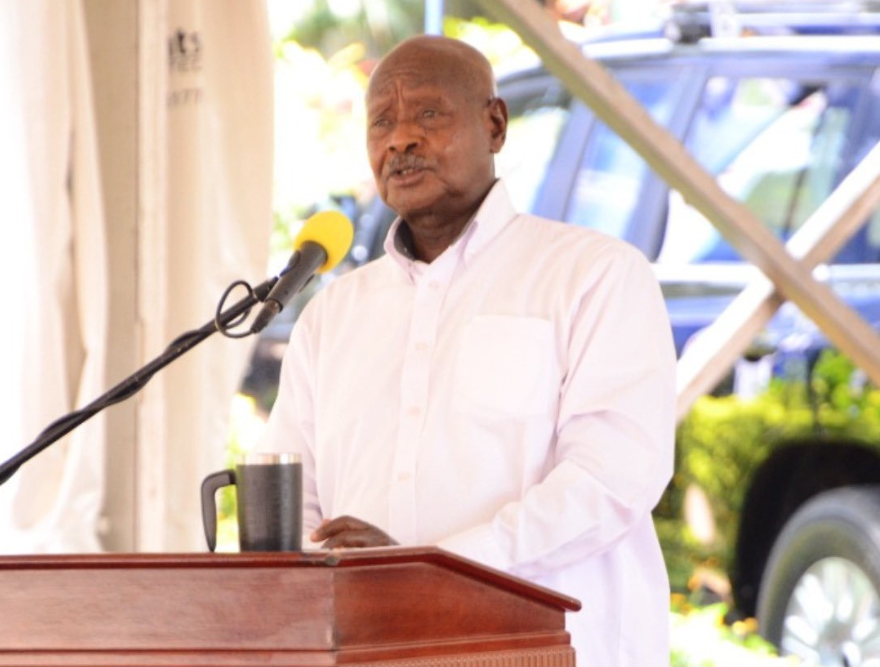
Uganda’s President Yoweri Museveni, has said that there is no need to impose a lockdown in Ebola-prone areas in the central region saying the country had the capacity to contain the outbreak.
Ebola is spread through contact with an infected person or parts contaminated with human feces and not in the air.
“We decided that we shall not have lockdowns. It is not necessary. Government has capacity to control this outbreak as we have done before. There is no need for anxiety, no restrictions of movements, closure of schools, places of worships, markets as of now,” Museveni said.
The country’s medical workers union earlier called for the affected area to be quarantined to stop further spread of hemorrhagic fever.
Authorities in the East African nation declared an outbreak in the central district of Mubende last week after the country reported its first fatality from the virus since 2019.
This is the fourth time that Ebola has broken out in Uganda. He said health experts who previously dealt with Ebola outbreaks have been sent to the affected area. Currently it takes 24 hours for samples to be tested and lab results to be issued.
The caseload stood at 24 with five confirmed deaths, Museveni told a televised press briefing. Some 19 people classified as probable cases had also died, he added, explaining that they were buried before they could be tested for infection.
Ebola is an often-fatal viral haemorrhagic fever. The disease is named after a river in Democratic Republic of Congo (DRC) where it was discovered in 1976. Human transmission is through body fluids, with the main symptoms being fever, vomiting, bleeding and diarrhoea. Outbreaks are difficult to contain, especially in urban environments. People who are infected do not become contagious until symptoms appear, which is after an incubation period of between two and 21 days.
Six health workers were receiving treatment after testing positive for Ebola following exposure to the first victim, Museveni said. At present there is no licensed medication to prevent or treat Ebola, although a range of experimental drugs are in development.
Uganda, which shares a porous border with the DRC, has experienced several Ebola outbreaks, most recently in 2019 when at least five people died. The DRC on Tuesday declared an end to an Ebola virus outbreak that emerged in eastern North Kivu province six weeks ago. Only one case of the virus had been confirmed, according to the World Health Organization, making the DRC’s Ebola outbreak its “least catastrophic”.
The President said the government will open a laboratory in the district headquarters of Mubende, the epicenter of the outbreak, to speed up the processing of samples.
A total of 24 people have been confirmed to be infected with the virus in the country, five of them have died since the outbreak of the disease last week.
The worst epidemic in West Africa between 2013 and 2016 killed more than 11,300 alone. The DRC has had more than a dozen epidemics, the deadliest killing 2,280 people in 2020.